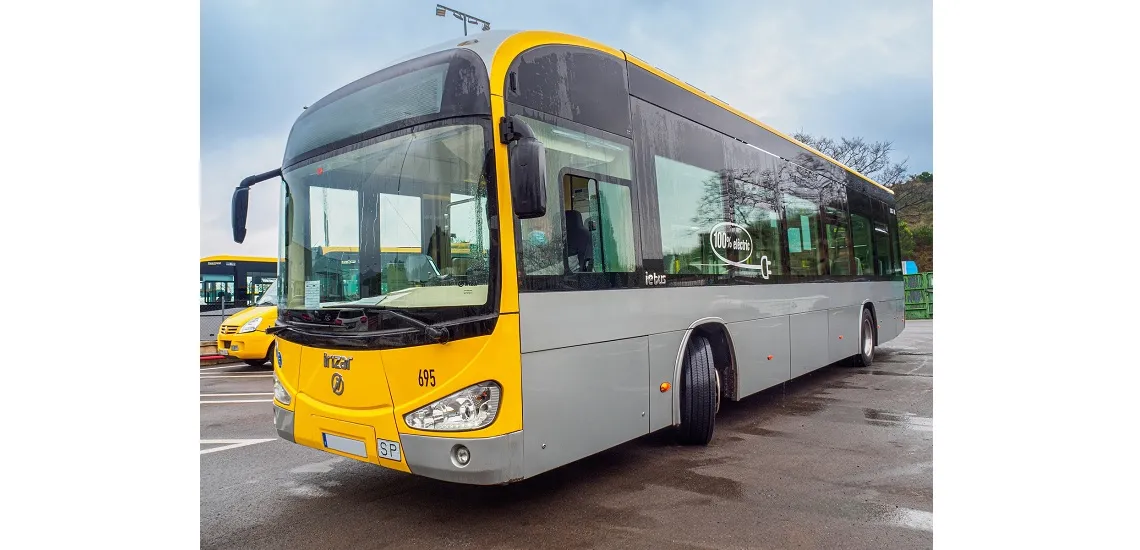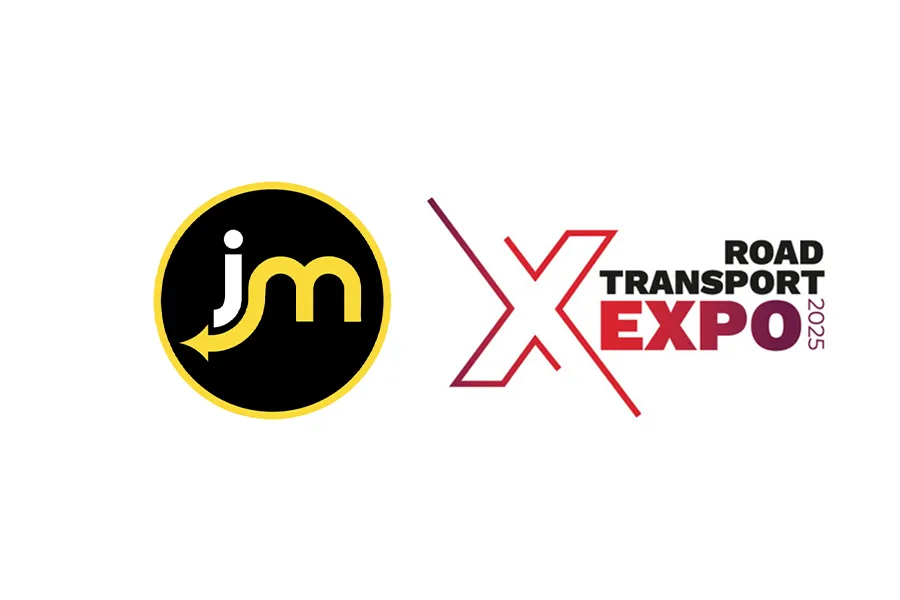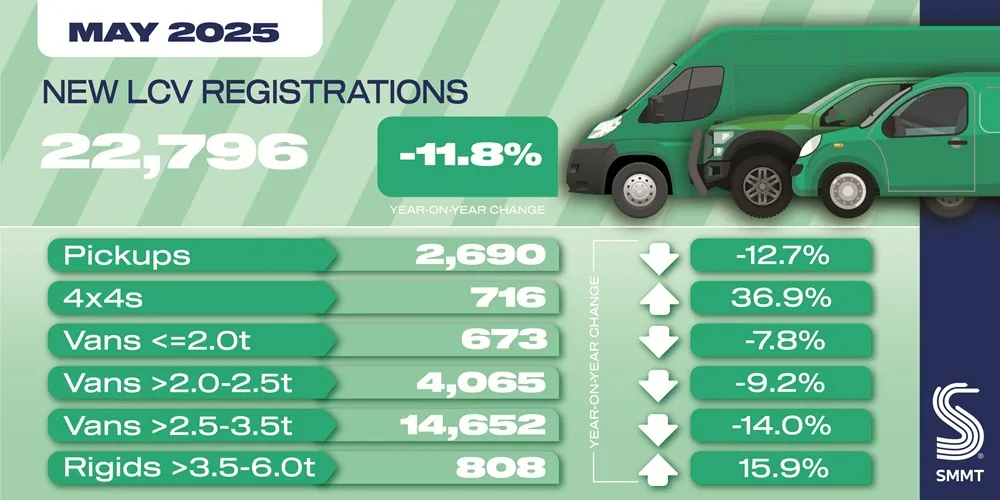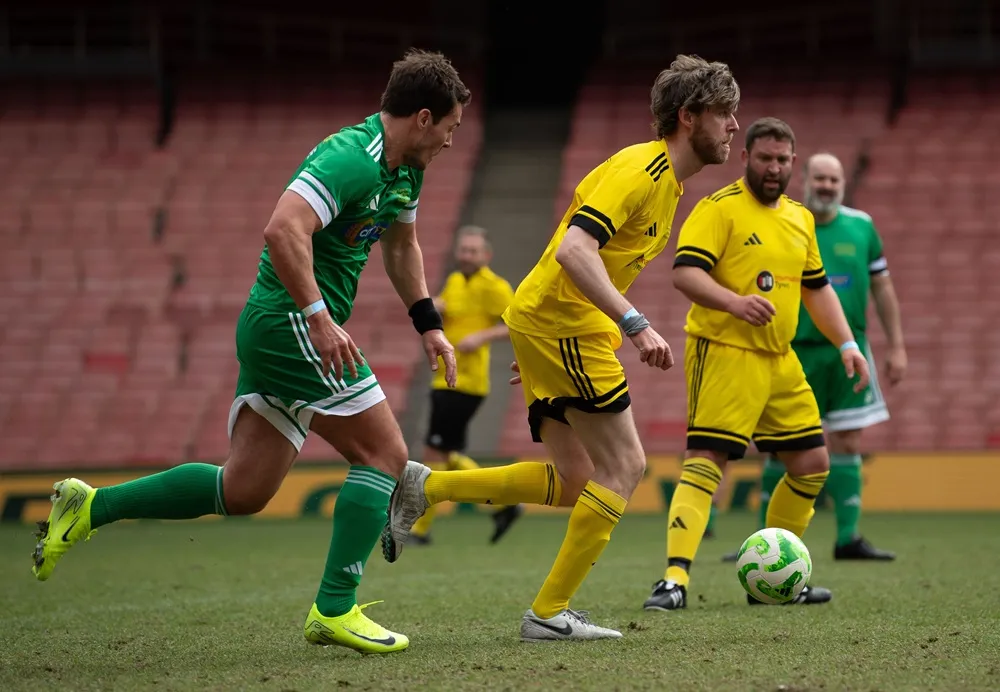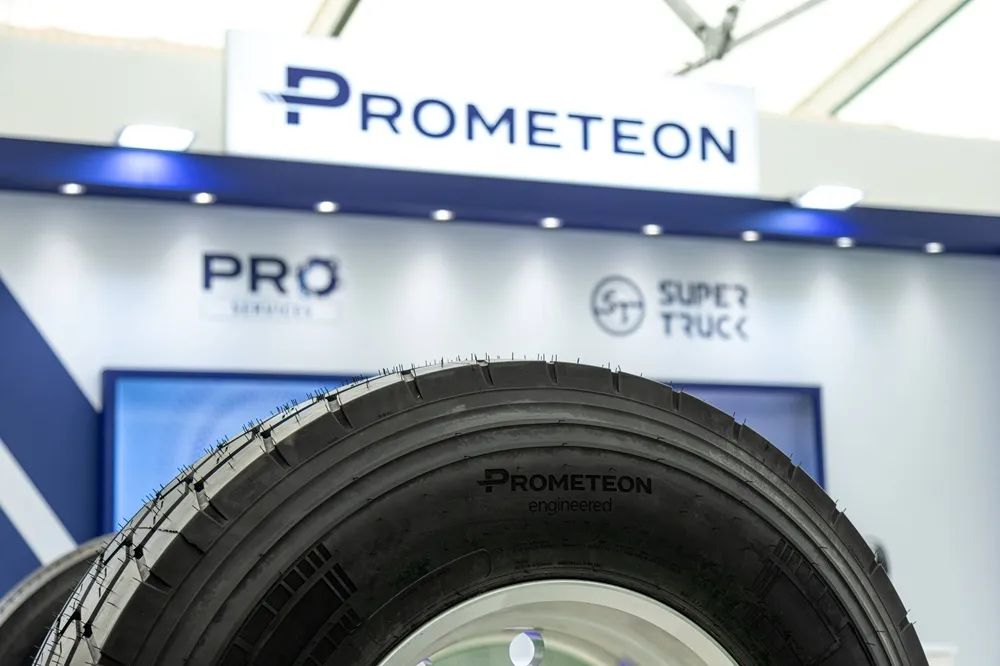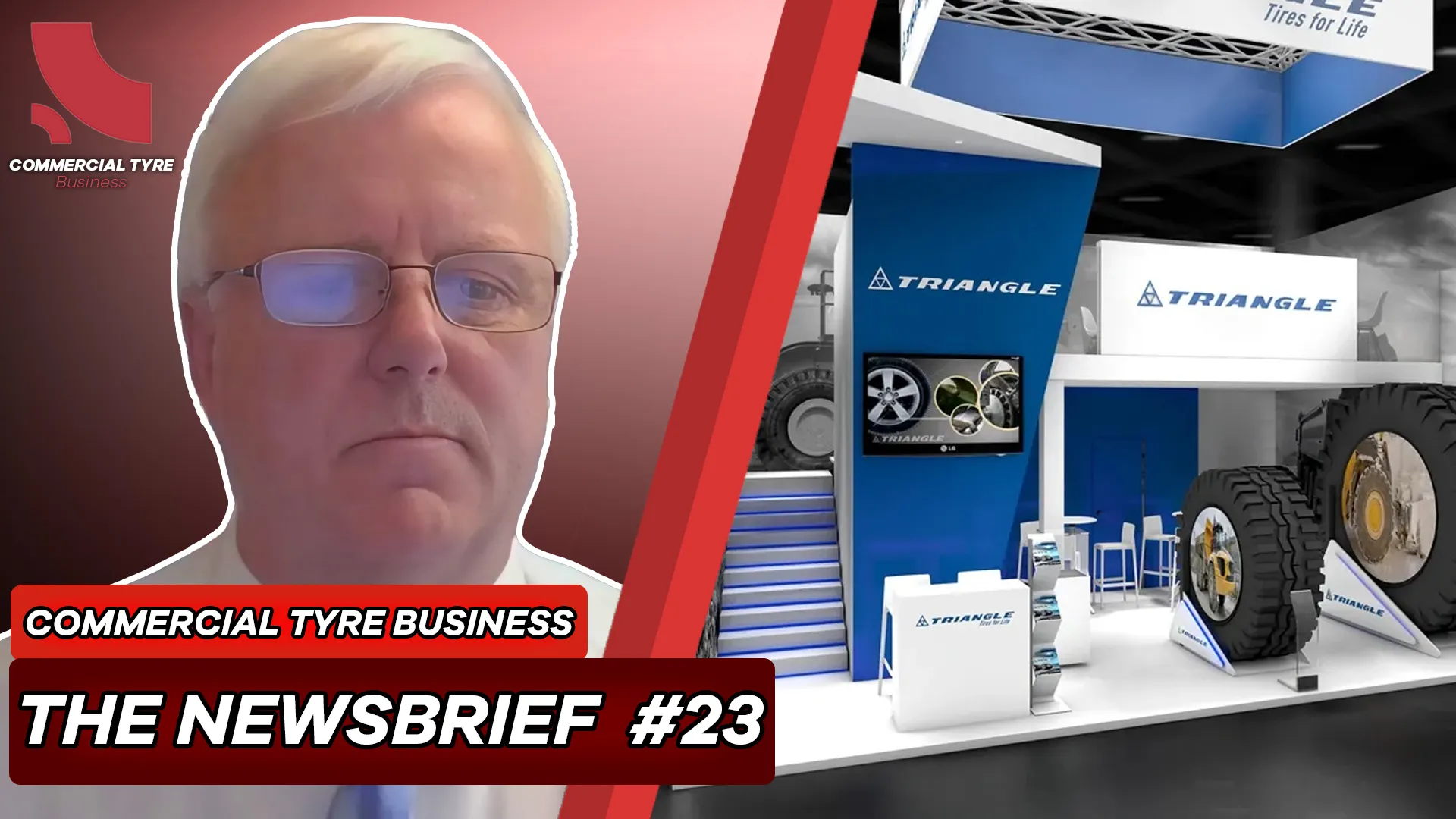Michelin is the leading tyre manufacturer, certainly in Europe, and its practices in the tyre sectors are often followed by others and that is no different is the bus and coach sector.
Michelin’s Steve Chadwick Discusses Bus and Coach Tyres
Commercial Tyre Business asked Steve Chadwick about the Michelin share of the bus and coach market. His response was somewhat different from most other manufacturers’ responses in this feature. “The bus and coach market represents a significant volume of Michelin commercial vehicle tyre sales in both the original equipment and replacement markets for the UK and Ireland,” said Chadwick. “However, because many of our products can be fitted to both trucks and buses, we don’t have specific figures on the split in sales by vehicle type.
“In addition to the many small fleets which buy our tyres on a transactional basis, and in many cases have been doing so for generations, the Michelin Services and Solutions team counts several of the largest players in the market as longstanding Michelin customers, typically supporting them with multi-year, fully managed, tyre contracts.”
Moving on to the physical element of the business Commercial Tyre Business asked, what are the key differences between the demands for coach tyres and the demands for truck tyres? Do you see the same variations between local bus and long-haul coaches as we see in the truck sector between regional and long-haul transport?
Chadwick responded; “Firstly, there’s a difference between coach operators and bus fleets, in that coaches usually have a higher annual mileage and are running over longer distances. The average bus does 38,000 miles a year, but a coach can do double or triple that, which is much more akin to the mileages we see from long-haul truck fleets.”
There are differences in the operations between buses, coaches and trucks
“Depending on where the bus is operating, it can be stopping every few minutes – much like the multi-drop urban distribution work you see some rigid trucks handling. Whereas a coach operation tends to be doing longer distances; probably motorway work, and often benefitting from a fuel-saving fitment, such as our X Line Energy tyres which are equally as popular with truck fleets.
“There are differences in the operations between buses, coaches and trucks too, and whilst we share some products between the three, depending on the application, others benefit from specific fitments such as our excellent X Coach range.
“Fundamentally, however, tyre management is critical to ensuring the maximum performance from the product, no matter what vehicle it’s fitted to. If a bus has a tyre breakdown, usually there’s another bus behind it – with a coach, there often isn’t. The coach might be on the M25 and managing 50 people at the side of the motorway is not easy to do.
“The nature of all transport is that the customer expects to get where they are going on time. It is a crucial part of it, and that’s why so many bus, coach and truck will routinely specify Michelin tyres.”
The bus market, in particular, is changing with the introduction of more electric buses. These bring with them changes in tyre requirements, How is Michelin addressing these changes?
“In 2021, Michelin launched its first range of tyres specifically designed for electric buses. But we also retained the ability for these next-generation tyres to provide superb levels of efficiency to traditional diesel buses operating on urban and suburban routes, making it easier for bus garages to manage fitments across a fleet.
“The new Michelin X InCity EV Z offers excellent safety, longevity and load-carrying capacity, while helping operators to cut their environmental footprint by reducing rolling resistance – which is key to maximising the range for EVs.
“The launch of this new range was a sign of our commitment to supporting the transition towards cleaner, more efficient and more independent electric mobility solutions. The X InCity EV Z is already playing a crucial role in that strategy, and we are confident it will become one of the most important tyres in our range, and for the wider passenger transport market.
Technology helps ensure safe EV Bus tyres
“To handle the additional weight of electric buses, the X InCity EV Z benefits from an increased load-carrying capacity of up to 8 tonnes. Plus, safety has been enhanced, with particular attention paid to sidewall protection, due to regular contact with the kerb during everyday bus operations. A handy wear indicator on the side also lets operators know when the tyres need to be rotated.
“The casing is further enhanced with Powercoil – robust steel cables that improve endurance – and Duracoil, which helps to protect the bead area leading to improved stability, casing endurance and retreadability. As well as aiding mileage potential, Forcion also improves resistance to abrasions, cuts, chunking and chipping.”
Michelin is one of the leading companies when it comes to sustainability in the tyre industry. It leads the way in terms of recycling, with investments in recycling operations such as Scandinavian Enviro, LeHigh, and of course, it has been a lead coordinator in the Blackcycle project looking at putting recycled tyre materials back into tyres. This lead us to ask Chadwick how their bus and coach tyres fit in with their corporate sustainability strategy.
“The significant environmental benefits that a carefully managed Michelin tyre policy can bring is central to many of the supply contracts we have in place with larger fleets.
“Take Abellio, for example. In 2021 we secured a new five-year agreement to supply Michelin tyres across the company’s 800-strong bus fleet, directly on the back of calculations which showed the contract would continue to help reduce the fleet’s CO2 emissions by more than 900,000kg, and raw material usage by 100,000kg, every year.
“It was our commitment to sustainable transport which secured the contract. We invited the customer to our factory in Stoke-on-Trent to reinforce the message of the Michelin 4R strategy: Reduce, Reuse, Recycle, and Renew. This allowed them to compare the raw materials, oil, CO2 and waste savings we could offer, compared to a tyre policy that did not include the use of Michelin Remix tyres and regrooving, and it sent a very powerful message.”
On a similar thread, Chadwick discussed what the company’s approach is to the retreading of bus and coach tyres.
“Take the Abellio Bus fleet as an example; all tyres we fit are carefully managed through a multi-life policy with our skilled technicians regrooving worn tyres on site once the tread depth reaches 3-4mm, thereby helping to extend each tyre’s life in its most fuel-efficient state. Once the regrooved tyres have worn, they get retreaded at the Michelin Remix plant in Stoke – a process which saves natural resources, doubles the Michelin casing lifespan and supports UK manufacturing.
“It would be hard to imagine a bus or coach operation in the UK where we wouldn’t recommend running our tyres through the process of regrooving, retreading and regrooving again – not just for the sustainability advantage, but to ensure the lowest cost of ownership.”
As mentioned at the start of this article, Michelin is a leading player in the tyre industry and offers premium products in every sector. With that in mind we asked if Michelin feel that it has that same standing in the bus and coach sector and if operators still prepared to pay the premium for a Michelin product?
“Safety, reliability, fuel efficiency, year-round mobility and noise… these are just some of the buying considerations fleet managers must take into account when specifying the right tyre policy for a bus or coach. And naturally, thanks to the breadth of the Michelin tyre range and the performance characteristics of our tyres, they are areas where we excel.
“It is therefore no surprise that we continue to see strong demand for our product from bus and coach operators alike. Most pay very close attention to their tyre choice, as they know they play such an important part in the safety and efficiency of their fleet.
“As a customer once remarked to me, “A cheap tyre is only cheap when you purchase it. If you have a problem, or if it doesn’t deliver the performance you expect, then it very quickly becomes an expensive tyre.”

